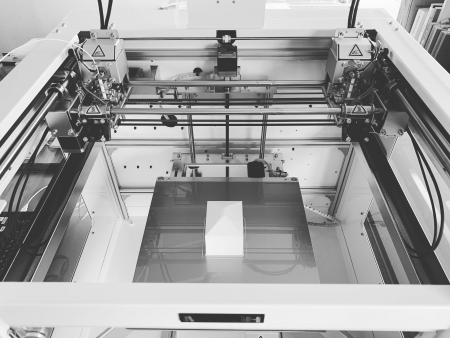勘違い
複雑に入り組んだことにようやく糸口が見えて、その方向に進めば解決ができそうなので準備をしていたら、はじめのところで勘違いをしていて、また振り出しに戻る。
複雑なことも型に当てはめて整理をすれば、誰にでもわかりやすく、結果も見通しも簡単につくのだが、それでは望んでいた結果にはならないとすると、その型自体から考え直さなければならず、時間と手間がかかり、より複雑になってしまうこともあり、妙に上手くいったなと思っていたら、はじめで勘違いしていた。
そうなると、気持ちが萎えてくるが、かといって型に当てはめても望む結果にはならないから、また1から考え直すために、資料を引っ張り出してきた。
他の方法を考えるが、なかなか、要するに、単純化してしまえば簡単なのだが、今回の場合は、単純化することによって捨ててしまう部分に可能性がとても大きくあるような気がして、今まであまり考えることがなかった部分にも焦点を当てようとしている。
そうすると、複雑なことが整理されるどころかもっと複雑になり、簡単な間違いに気がつきにくくなる。単なる言い訳だけど、ここまで来ると、さらに細かく拾っていなかいと解決の糸口も見つからないだろう、時間との兼ね合いも出てくる。
"Misleading"
Finally, you can see the clues to the complexities, and if you go ahead, you will be able to solve the problem, so if you are preparing, make a mistake at the beginning and return to the beginning.
If complicated things are applied to a type and organized, it will be easy for everyone to understand and the results and outlook will be easy, but if that does not give the desired result, we will have to rethink from the type itself. It took a lot of time and effort, and sometimes it became more complicated, so if I thought it was strange, I misunderstood it at the beginning.
When that happens, my feelings get worse, but if I apply it to the mold, it doesn't produce the desired result, and I have pulled out the material to rethink it from scratch.
I think of other methods, but in short, it is easy if it is simplified, but in this case, I feel that there is a great possibility in the part that is discarded by simplification, so far I'm trying to focus on the parts I hadn't thought about.
This makes it more complicated than organizing complex things, making it difficult to notice simple mistakes. It's just an excuse, but if you come to this point, you'll find a clue to solving it unless you pick it up further.

